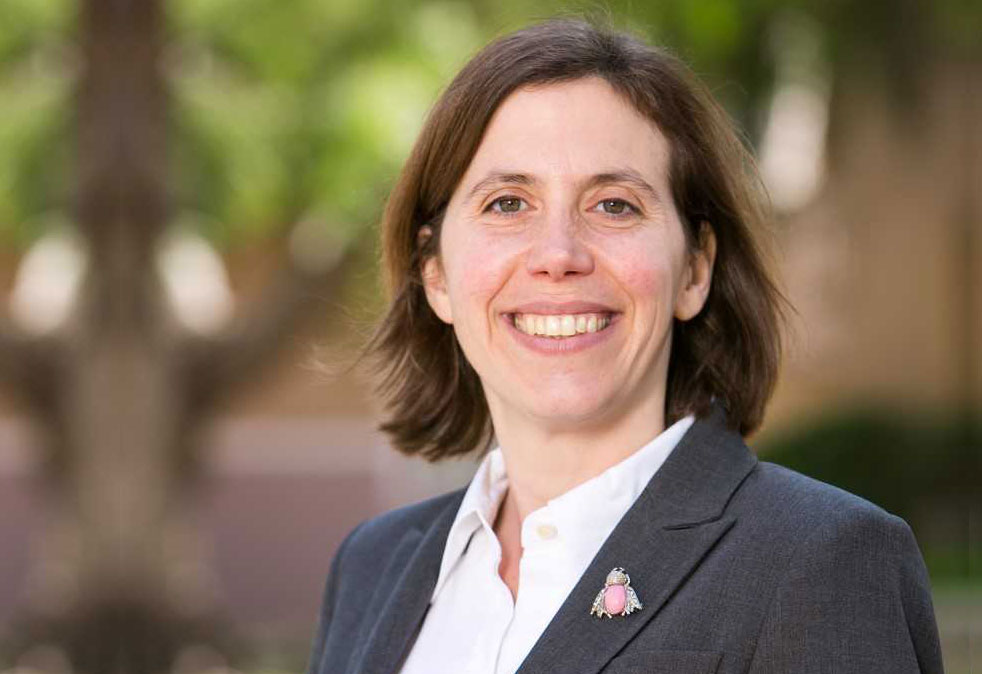Healthcare policy isn’t just a numbers game for economist Mireille Jacobson. Besides affecting costs, it can have significant impacts on patient outcomes and well-being, including for older adults, she says.
Jacobson, who came to the USC Leonard Davis School of Gerontology as an associate professor this year from the Paul Merage School of Business at UC Irvine, trained as a labor economist during her PhD program at Harvard University. That was when she first became interested in policies regarding illicit drugs, completing her dissertation on the economics of marijuana markets and how drug policies affect its usage. Following her PhD program, she explored other questions surrounding drug policies, from how the availability of medical marijuana affects opioid-related deaths and treatment admissions to how drug consumption varies by prohibition policies and user age.
Jacobson says she eventually discovered that in the economics community much of the conversation regarding drug policies and their effects was taking place among health care economists at the time. Wanting to further explore health care issues led her to a postdoctoral fellowship at Harvard Medical School in the Department of Health Care Policy and to her first time working on issues facing older adults in particular. She worked with prominent economist Joseph Newhouse to study Medicare reimbursement policy for cancer drugs and its effects on healthcare spending and treatment.
“That was my introduction to health care, and I was hooked,” Jacobson says. “The health care market is just so fascinating and frustrating and has endless sets of questions.”
Currently of special interest to Jacobson is the period of time when US adults transition onto Medicare at age 65. Beyond the effects on personal health care spending, she wants to know more about how enrolling in Medicare affects well-being, including self-reported physical health and mental health.
“From early results, it seems like many older people experience an extraordinary sense of relief when they transition onto Medicare,” she says.
Following her interests in health care and consumer finance, Jacobson is also working on a project to identify tradeoffs in costs and access to care between health care coverage provided by Medicaid and subsidies for purchasing private health insurance. In addition, her earlier research on drug policy and her interest in health care outcomes have come together—she and colleagues at MIT and Duke are investigating how post-acute access to pain specialists affects health outcomes, hospital readmission rates, and spending for patients who are admitted to the hospital and are already taking high doses of prescribed opioids.
Jacobson also looks forward to working with USC gerontology students; she’ll teach GERO 540 in the Spring 2019 semester, and she’s eager to share the importance of studying health care policy. Along with her primary appointment at the USC Leonard Davis School, Jacobson is also the co-director of the program on aging at the USC Schaeffer Center for Health Economics and Policy and a research associate in the Health Care Program at the National Bureau of Economic Research.
“I’m hoping I’ll work with several people within the USC Leonard Davis School and across USC,” she says regarding potential research collaboration. “This is an extraordinary school and a really great place to be.”
Top photo: Leb Orloff/UC Irvine





